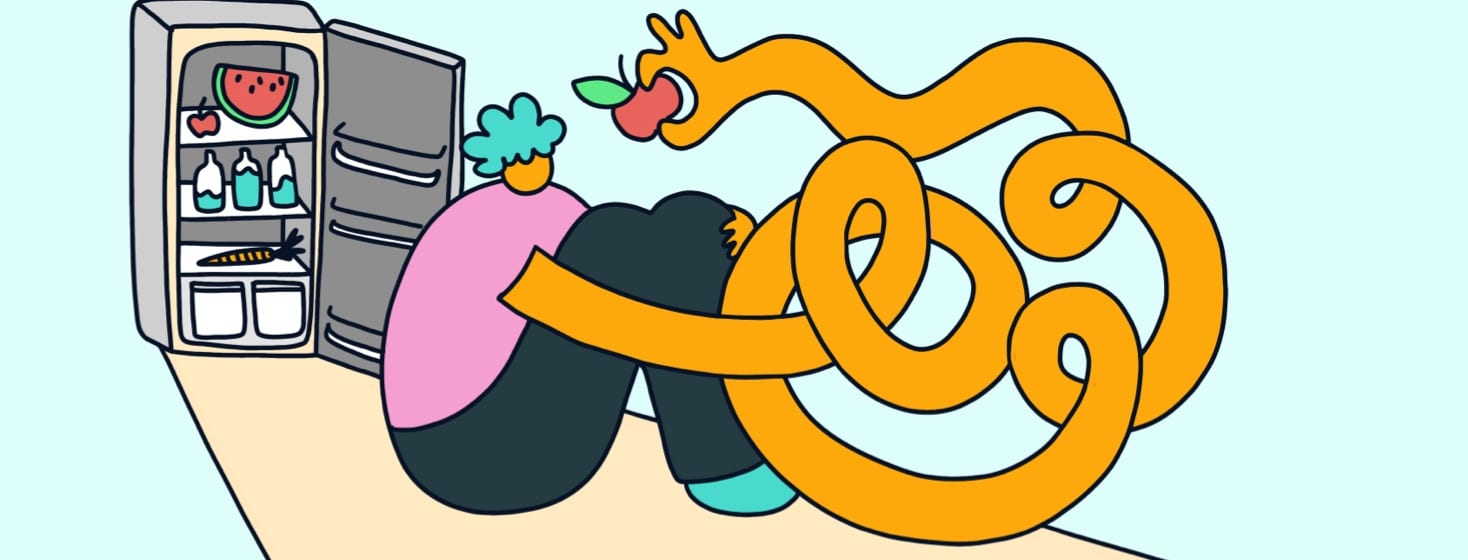Is a Calorie Really Just a Calorie?
"I just don’t want to keep track of my food anymore. I want to enjoy my food, without thinking or worrying about how much I am eating," a client once told me, her voice strained. She was holding back tears.
I know the problem well. Many veterans of weight loss who have lost weight many times have expressed this sentiment to me. Sitting down to a meal, knowing exactly how much you should eat. But that has nothing to do with how much you desire to eat.
After losing weight many times before, you really do understand just how much food your body "needs" – and how much it doesn’t "need" for you to have a healthy weight. But, eating only that much requires constant vigilance. And the constant tracking and saying "no" fatigues you.
The human experience of eating
I’m an obesity researcher and clinician. I have helped many people lose weight. So when we define "need" in my field of practice and research, we define it by the math. How many calories does your body burn in a day? That’s how much food your body "needs." Right?
Technically yes, but there is more than one dimension to eating. When we talk about energy balance – calories in and calories out – and how that applies to body weight, I can confidently tell you that yes, a calorie is a calorie. And that controlling weight can be described as a process that is explained by math in the unit "calories."
But that way of thinking disregards the human experience of eating. Food is more than calories to people. It is comfort during hard times. It can represent love and caring for one another. It defines heritage and identity.
You have a right to feel frustrated
This way of thinking about food as a math equation also disregards the biology that is fighting to control that math. Research shows that when we try to eat an unusually small amount of food and lose weight, our body fights back. Metabolism decreases, and cravings and appetite increase. This means that eating less is not just a matter of deciding to do so. It is also fighting your biology.1,2
Losing weight and tracking your food takes the fun out of food. So, you have every right to be tired of tracking your food. You have the right to feel sad and frustrated about what it takes to lose weight. Because tracking your food intake is not a natural way to think about food, and it is a big deal to do that.
Food is more than just calories
It is also alright to need a break from food tracking and managing your weight. Or to try another way of accomplishing that goal, like weight loss medications. Medications can help you eat less without tracking every calorie, because they modify that biology part that is always fighting against you. So eating less comes more naturally and does not require the same vigilance.3
Sometimes, you may feel that losing weight to improve your health is the right thing to do. And the benefits may be worth it to you. But, you deserve sympathy, support, and tools to accomplish that. Because when it comes to the human experience of losing weight, a calorie is not just a calorie.

Join the conversation